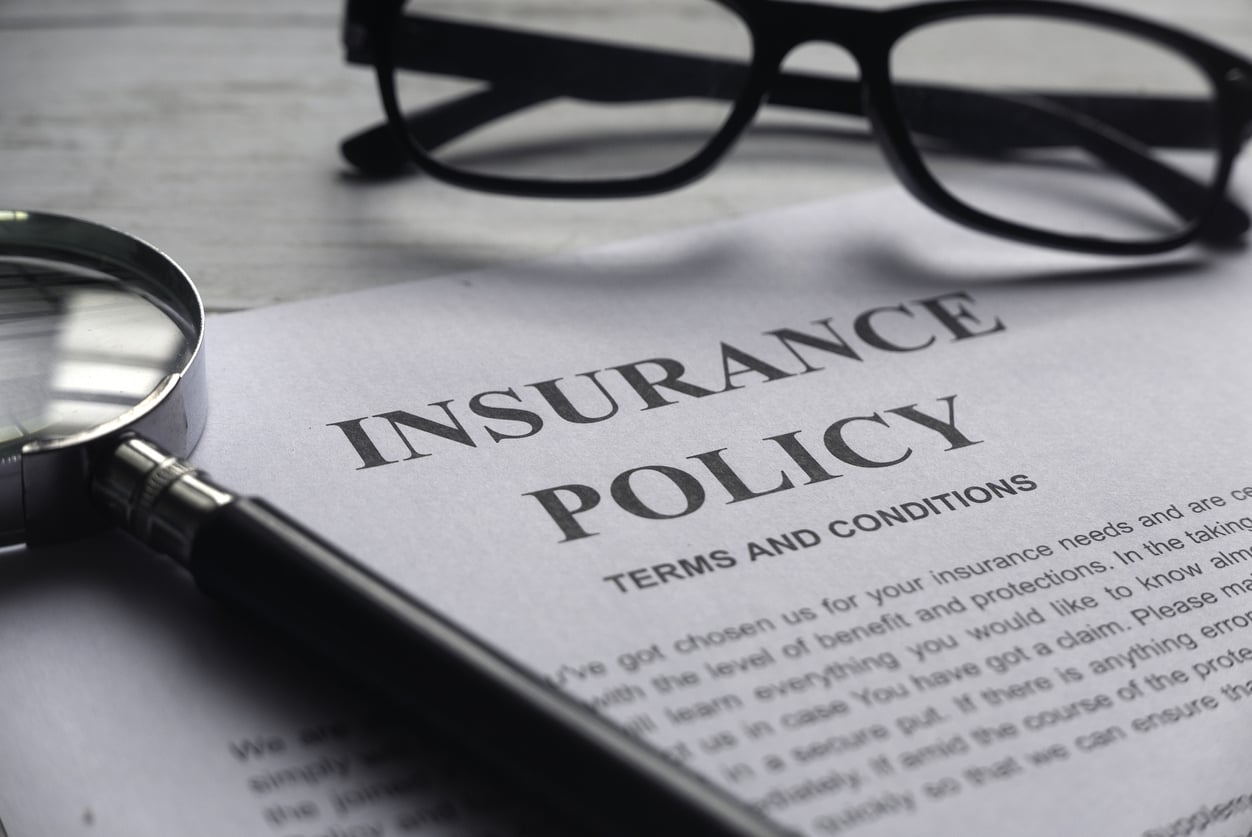Why Is Personal Finance Important?

There are many important reasons to study personal finance. First and foremost, it is essential for managing your own money. Understanding basic financial concepts can help you make sound decisions about how to save and spend your money. It can also help you avoid costly mistakes, such as falling into debt or making poor investment choices. In addition, personal finance is important for anyone who wants to have a successful career.
Many jobs require at least some knowledge of finance, and many businesses place a high value on employees who are financially savvy. Finally, personal finance is essential for anyone who wants to be financially secure in retirement. By understanding how to manage your money now, you can ensure that you will have the resources you need later in life. Whether you are just starting out in your career or nearing retirement, personal finance is an important topic to understand.
Five Aspects of Personal Finance
Income
As anyone who has ever tried to balance a budget knows, personal finance is a complex and often frustrating endeavor. There are a multitude of factors to consider, from debts and expenses to investments and savings. Perhaps one of the most important, and certainly one of the most difficult, aspects of personal finance is income. Income is the money that comes in, whether from wages, investments, or other sources. It is what gives us the resources to meet our financial obligations and hopefully save for the future. However, income is not always easy to come by. Wages can fluctuate, investments can lose value, and unexpected expenses can arise. As a result, managing our income is often one of the most challenging tasks in personal finance.

Spending
One of the most important aspects of personal finance is spending. In order to live within our means and make progress towards our financial goals, we need to be mindful of our spending habits. There are a few key things to keep in mind when it comes to spending. First, we need to make sure that we are spending money on things that are important to us and that will improve our quality of life. Secondly, we need to make sure that we are not spending more than we can afford. Lastly, we need to make sure that we are not wasting money on impulse purchases or things that we do not really need. By keeping these things in mind, we can help to ensure that our spending is in line with our goals and our budget.

Savings
Savings are an important part of personal finance. They provide a cushion in emergencies and can help to fund major purchases. Savings can also be used to reach financial goals, such as buying a house or retiring early. There are many different ways to save money, including setting aside a fixed amount each month, investing in stocks or mutual funds, and opening a savings account at a bank or credit union. The best way to save depends on individual circumstances and goals. However, the most important thing is to start saving early and to stay disciplined about it. By doing so, individuals can ensure that they have the financial resources they need for whatever life throws their way.

Investing
Many people think of investing as something that only wealthy people do. However, investing is actually one of the smartest things you can do with your money, regardless of your income level. When you invest, you are essentially putting your money into something that has the potential to grow over time. This can be a stock, a bond, real estate, or even a business. In general, investments tend to grow at a rate that is higher than inflation, which means that your money will be worth more in the future than it is today. This can provide you with a financial cushion down the road, whether you need it for retirement or for some other purpose. Additionally, investing can be a great way to generate additional income if done wisely. There are many different strategies that you can use when investing, so it’s important to do your research and find an approach that aligns with your goals and risk tolerance. However, if you’re not sure where to start, there are plenty of resources available to help you get started on your investing journey.

Protection
When it comes to personal finance, one of the most important aspects to consider is protection. This includes everything from insurance to asset protection. Insurance helps to safeguard your finances in the event of an unexpected loss, such as a medical emergency or a natural disaster. Asset protection, on the other hand, helps to shield your assets from creditors in the event of financial difficulties. Both insurance and asset protection can be vital components of a sound financial plan.
Insurance is typically purchased for specific purposes, such as health insurance or homeowners insurance. There are many different types of insurance available, and it's important to choose the right coverage for your needs. For example, if you're a homeowner, you'll want to make sure you have adequate coverage in case of fire or theft. If you're a business owner, you may need business interruption insurance to cover lost income in the event of a natural disaster. No matter what your particular needs are, there's an insurance policy that can help protect you financially.
Asset protection is another important aspect of personal finance. This involves strategies to protect your assets from creditors in the event of financial difficulties. For example, if you were to declare bankruptcy, certain assets would be protected from seizure by creditors. Asset protection can also help you keep your property if you're sued and found liable for damages. While asset protection won't shield you from all financial problems, it can help you keep some of your most valuable possessions in difficult times.
Both insurance and asset protection are important aspects of personal finance. By investing in both, you can help safeguard your finances against unexpected losses and creditors. By protecting your assets, you can help ensure that you'll have something to fall back on in case of financial trouble. Whether you purchase insurance or utilize asset protection strategies, make sure you take steps to protect yourself and your finances.




